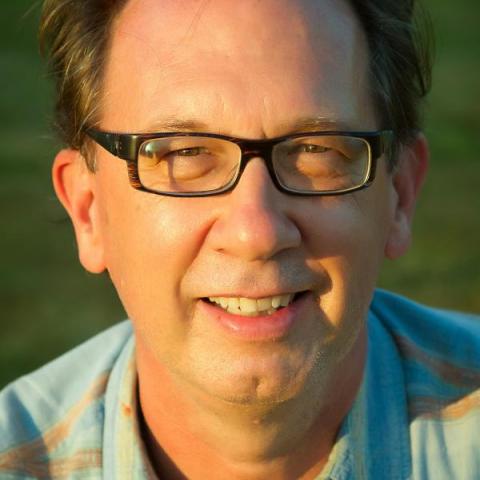Health Workers, Facilities Under Attack in 23 Nations; UN Accused of Inaction
Even one attack on a health worker is one too many.


David J. Olson is an independent global health communications and policy consultant with more than 25 years of experience in Africa, Asia, and Latin America. Follow him on Twitter @davidjolson.
Even one attack on a health worker is one too many.
For many women with obstetric fistula, marital and social status—and quality of life—hang on the fate of an operation.
West Africa has the lowest modern contraceptive use and the highest fertility rate in the world. But the region is on the verge of change.
Digital humanitarians, poverty-fighters, and more head to Saxapahaw, North Carolina, this week for SwitchPoint 2015.
The modern contraceptive prevalence rate for all of sub-Saharan Africa is 23%. In West Africa, it’s 11%. But that's beginning to change.
Ebola has become a grisly but effective champion for health systems strengthening and frontline health workers.
These three innovators are hell-bent on changing the world. And now they're headed to Saxapahaw, NC, for SwitchPoint 2014.
How do you get young people to talk about family planning? Just unpack the music studio and hand them the mic.
The payoffs aren't immediate, but building strong, resilient health systems is the key to making care sustainable for all.